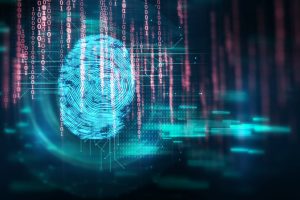Beyond ChatGPT: Shadow AI Risks Lurk in SaaS Tools

source: technewsworld.com | image: pexels.com
Unapproved use of ChatGPT and other generative AI tools is creating a growing cybersecurity blind spot for businesses. As employees adopt these technologies without proper oversight, they may inadvertently expose sensitive data — yet many managers still underestimate the risk and delay implementing third-party defenses.
This type of unsanctioned technology use, known as shadow IT, has long posed security challenges. Now, its AI-driven counterpart — shadow AI — is triggering new concerns among cybersecurity experts. Continue reading “Beyond ChatGPT: Shadow AI Risks Lurk in SaaS Tools”









